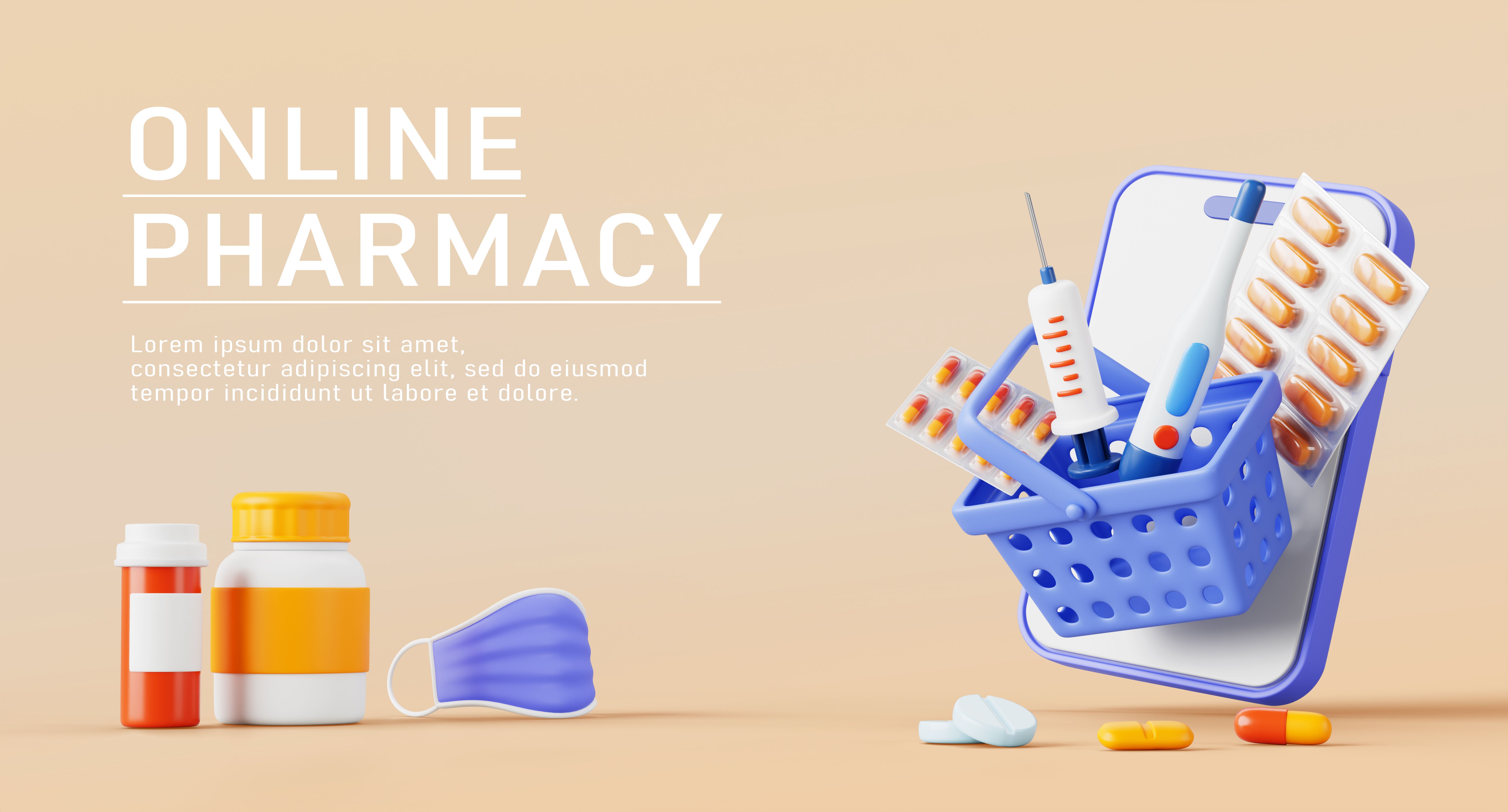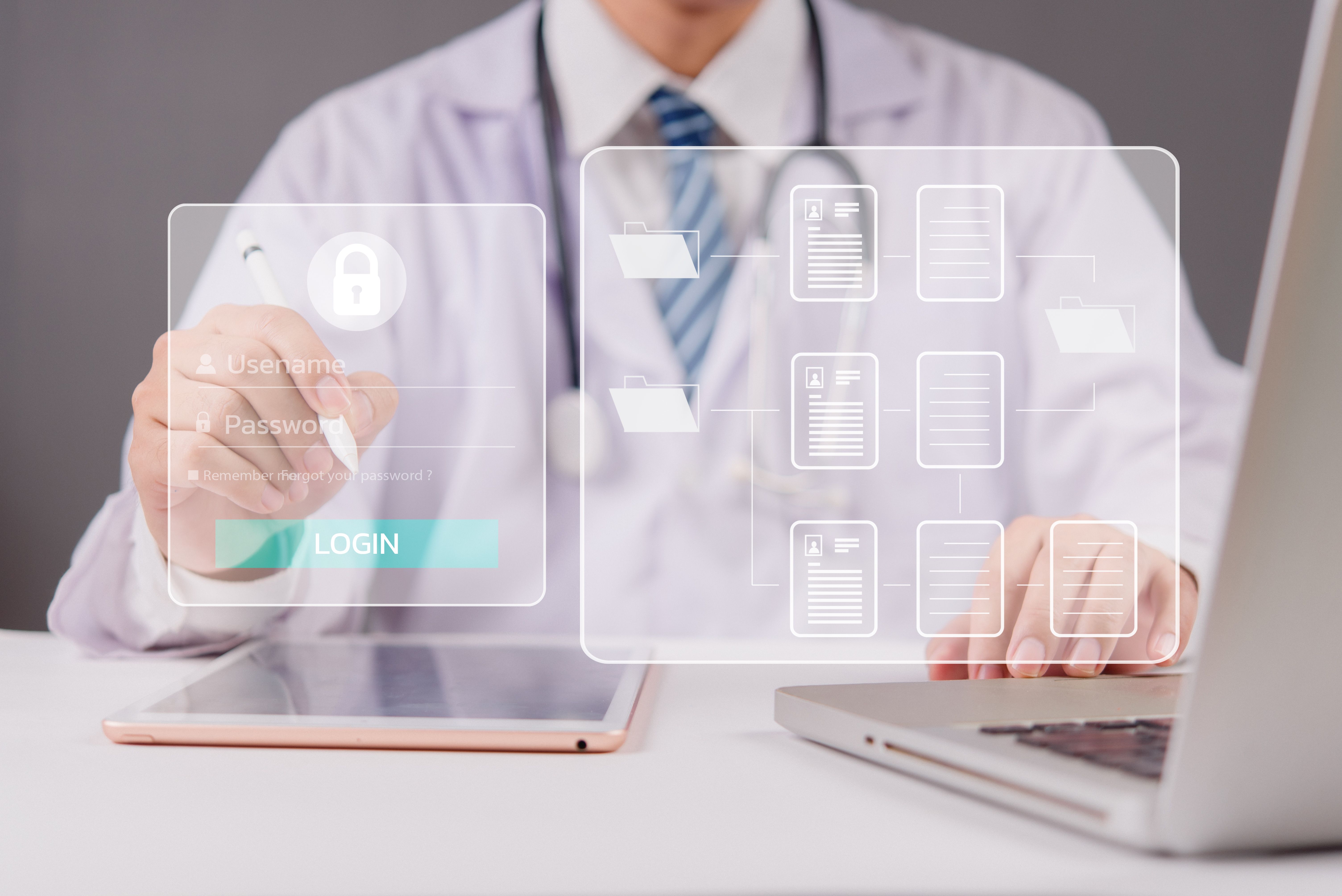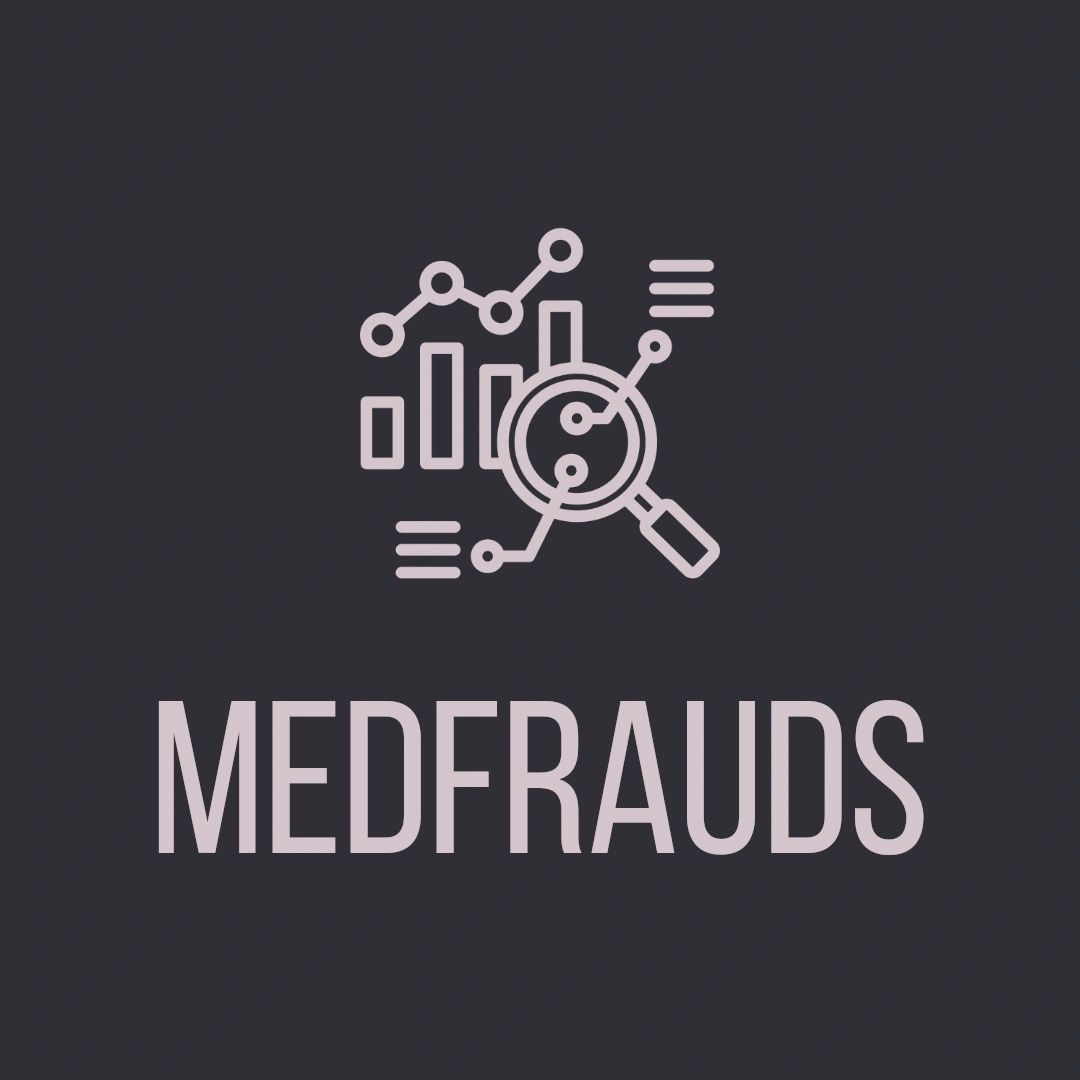Detecting Healthcare Scams: Essential Tips for Protection
Understanding Healthcare Scams
In today's digital age, healthcare scams have become increasingly prevalent, posing significant threats to individuals seeking medical advice or products. These scams can range from fraudulent online pharmacies to fake health insurance plans. Understanding how these scams operate is crucial for protecting yourself and your loved ones.
Healthcare scammers often use sophisticated tactics to appear legitimate, making it challenging to distinguish between genuine and fraudulent offers. They may promise quick fixes or miracle cures, often at a fraction of the cost of traditional treatments. It's essential to remain vigilant and informed to avoid falling victim to these schemes.

Recognizing Red Flags
Being able to recognize the warning signs of a healthcare scam can save you from potential financial and health-related consequences. Here are some common red flags to watch out for:
- Unsolicited offers: Be wary of unsolicited emails or phone calls offering medical products or services.
- Too good to be true: If a product claims to cure a wide range of illnesses or offers miraculous results, it's likely a scam.
- Lack of credentials: Always verify the credentials of healthcare providers or companies before engaging with them.
Common Types of Healthcare Scams
There are several types of healthcare scams that you should be aware of. Some of the most common include:
- Fake online pharmacies: These websites often sell counterfeit or unsafe medications, putting your health at risk.
- Medical identity theft: Scammers steal personal information to obtain medical services or products in your name.
- Phishing scams: Fraudsters may attempt to obtain sensitive information through fake emails or websites that mimic legitimate healthcare providers.

Protecting Yourself from Scams
To protect yourself from healthcare scams, it's essential to stay informed and take proactive measures. Here are some tips to help safeguard your personal and financial information:
- Research thoroughly: Before purchasing any medical product or service, conduct thorough research to ensure its legitimacy.
- Consult professionals: Always seek advice from a trusted healthcare professional before trying new treatments or medications.
- Secure personal information: Keep sensitive data, such as your Social Security number and health insurance details, private and secure.
The Role of Technology in Prevention
Technology plays a vital role in detecting and preventing healthcare scams. By leveraging tools like secure payment systems and two-factor authentication, individuals can better protect themselves against fraudulent activities. Additionally, many organizations provide resources and alerts that help consumers stay informed about the latest scam trends.

Reporting Healthcare Scams
If you suspect you've encountered a healthcare scam, it's crucial to report it immediately. Prompt reporting can help prevent others from falling victim and assist authorities in taking action against the perpetrators. You can report scams to organizations such as the Federal Trade Commission (FTC) or your local consumer protection agency.
By staying informed and vigilant, you can significantly reduce your risk of becoming a victim of healthcare scams. Remember, if something seems suspicious or too good to be true, it probably is. Prioritize your health and safety by making informed decisions and seeking guidance from trusted sources.
